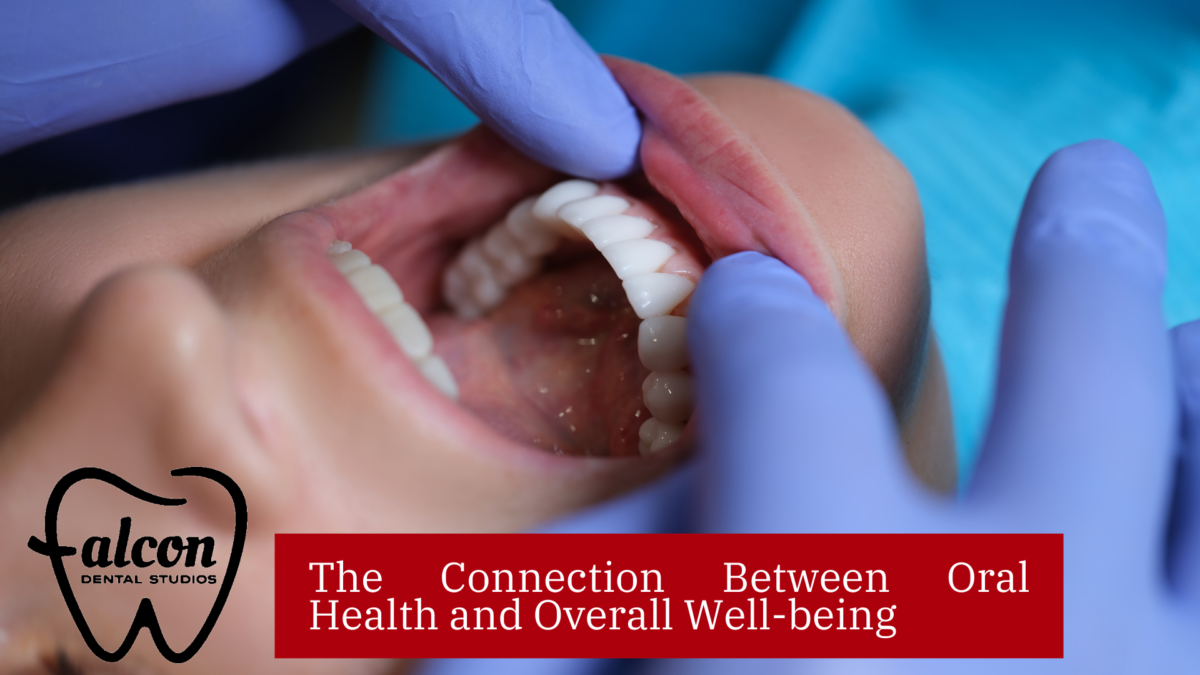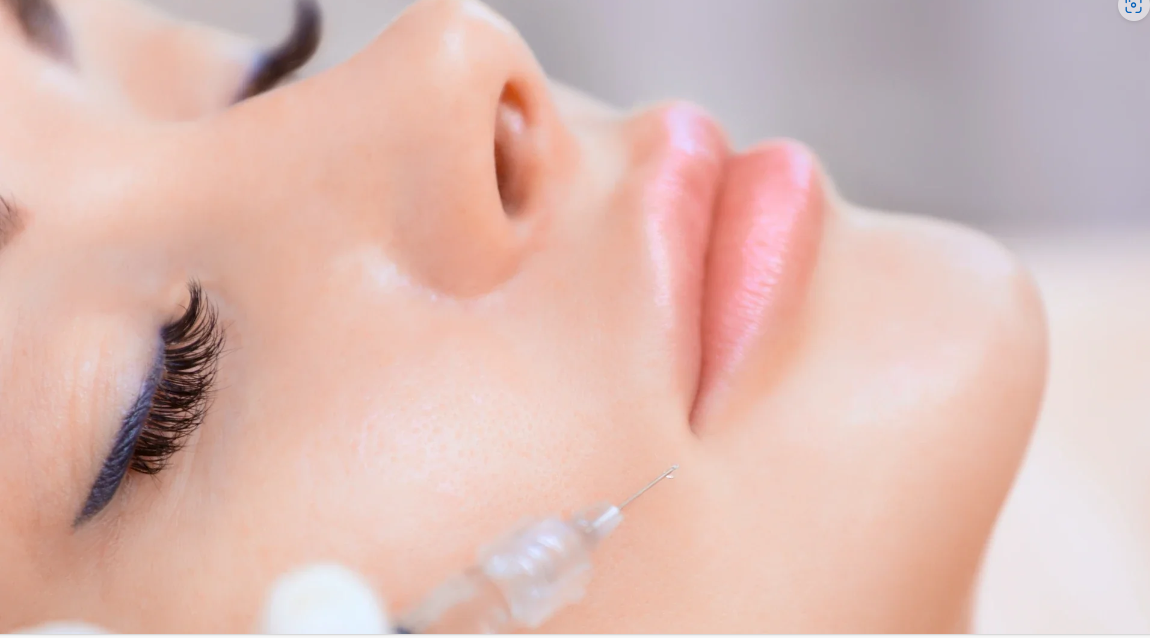The Connection Between Oral Health and Overall Wellbeing: Insights from Experts

Key Takeaways:
- Good oral health practices are essential for preventing systemic health issues.
- Regular dental visits and proper daily dental care routines play a significant role in maintaining overall health.
- Diet, lifestyle choices, and stress management are crucial in promoting oral and general health.
- Access to dental insurance in Texas can facilitate better oral health outcomes by making dental care more affordable.
Introduction to the Oral-Overall Health Connection
Oral health is more than just a beautiful smile. It has a profound impact on overall well-being, weaving into the very fabric of general health. Maintaining good oral hygiene prevents dental problems such as cavities and gum disease and reduces the risk of serious systemic health issues like heart disease and diabetes. This underscores the fact that oral health is integral to overall health.
Access to affordable dental care, such as dental insurance in Texas, can make a significant difference by enabling regular check-ups and timely treatments. This article explores the intricate connection between oral health and overall wellbeing, backed by expert insights and extensive research in the field. By understanding how oral health impacts the body, you can take holistic steps toward a healthier life.
How Oral Health Affects General Health
An increasing amount of research relates oral health to several systemic diseases. Untreated dental disorders and poor oral hygiene can contribute to several health issues, including as diabetes, respiratory infections, cardiovascular disease, and even unfavorable pregnancy outcomes.
Cardiovascular Disease
Studies have shown that gum disease, or periodontitis, increases the risk of heart disease. The bacteria from infected gums can enter the bloodstream, causing inflammation and leading to atherosclerosis—narrowing of the arteries, which can result in heart attacks or strokes. This link emphasizes how crucial it is to practice proper dental hygiene to promote heart health. For the sake of both your general cardiovascular health and dental health, it is imperative that you take care of gum disease.
Diabetes
Gum disease and diabetes are correlated in both directions. Diabetes can weaken the body’s defenses against infection, which raises the possibility of developing serious gum disease. On the other hand, gum disease can exacerbate the symptoms of diabetes by making it more difficult to regulate blood sugar levels. The value of integrated health care is shown by the favorable effects that managing one ailment might have on the other. Good gum health can help you better control your diabetes, and good diabetes control can help you maintain better gum health.
Respiratory Infections
Infections like pneumonia can be brought on by breathing in oral bacteria, particularly in those who already have periodontitis. This poses a special risk to elderly individuals and those with weakened immune systems. Maintaining good dental hygiene helps lessen oral bacteria, which in turn can improve lung health and minimize the risk of respiratory illnesses.
Pregnancy Complications
Preterm birth and low birth weight are two pregnancy issues that pregnant women with poor dental health are more likely to experience. Pregnancy-related hormonal changes can worsen gum inflammation and eventually cause gum disease. Preserving one’s dental health before becoming pregnant and throughout pregnancy can improve results for the mother and the unborn child.
Daily Practices for Optimal Oral Health
- Effective Brushing: Using fluoride toothpaste and brushing twice daily are essential steps. Ensure you replace your toothbrush every three to four months and utilize proper brushing techniques to remove plaque effectively. Brushing should cover all surfaces and take at least two minutes each time to ensure a thorough clean, focusing on the gum line where plaque tends to accumulate.
- Flossing: It is essential to floss every day to get rid of food particles and plaque from hard-to-reach places including in between teeth and under the gum line. Be careful not to hurt your gums by using harsh movements. When you floss properly, you can avoid cavities and gum disease in the difficult-to-reach spaces between your teeth.
- Mouthwash: An antiseptic mouthwash can significantly reduce bacteria and freshen your breath. It should be used as an adjunct to brushing and flossing, not a replacement. Consider mouthwashes that contain fluoride for added protection against tooth decay. Swish for the recommended time, typically 30 seconds, to ensure maximum efficacy.
- Healthy Habits: Drinking lots of water and avoiding snacking in between meals will help wash away bacteria and food particles. Chewing sugar-free gum can help counteract the acids produced by oral bacteria in your mouth and enhance salivary flow after meals.
Impact of Diet and Lifestyle on Oral Health
The maintenance of dental and general health is greatly influenced by dietary and lifestyle decisions. A balanced diet full of vitamins and minerals supports healthy teeth and gums, while foods heavy in sweets and acids can cause tooth decay and erosion.
Incorporating more fruits, vegetables, lean proteins, and dairy products into your diet can fortify oral health. Foods that stimulate saliva production, like apples and carrots, help to cleanse the mouth and neutralize harmful acids naturally.
Avoiding Risky Behaviors
Smoking and binge drinking have a negative impact on general and dental health. These behaviors raise the possibility of gum disease, oral cancer, and other dental issues. Quitting smoking and consuming alcohol in moderation can improve your oral hygiene and general health. Alcohol and nicotine not only cause gum damage but also reduce salivary flow, which raises the risk of cavities and dry mouth. You may greatly improve your overall quality of life and dental health by forming healthy habits.
The Role of Stress in Oral Health
Oral health can be significantly impacted by stress. Teeth grinding, or bruxism, is a common stress-related disorder that can cause migraines, jaw pain, and damage to teeth. Maintaining dental health requires stress management through exercise, relaxation techniques, and enough sleep. Regular practices such as yoga, meditation, and mindful breathing might help you feel less stressed and take better care of your teeth.
Furthermore, stress frequently results in oral hygiene practices being neglected, which makes maintaining regular dental care routines more difficult. An all-encompassing approach to stress management can enhance dental and mental health. A healthy lifestyle that incorporates exercise and enough sleep will improve your body’s capacity to preserve the best possible oral health.
Importance of Regular Dental Check-Ups
Routine dental checkups are crucial for the early identification and treatment of oral health problems. Dentists are trained to recognize early warning symptoms of oral cancer, gum disease, and cavities that you might not be able to see or feel. These assessments enable prompt interventions that keep small concerns from developing into significant ones.
During a dental exam, your dentist will clean your teeth, check for cavities, and assess the health of your gums. Furthermore, they could recommend dietary changes to improve dental health and advice on how to brush and floss correctly. Frequent dental check-ups ensure timely treatment and contribute to the health of teeth and gums. Regular professional cleanings reduce gum disease and tooth decay by eliminating tartar buildup that is too large to be resolved with simple brushing and flossing.
Community Resources and Programs
Many communities offer dental health programs to provide accessible and affordable dental care. These programs can include free or low-cost dental check-ups, cleanings, and educational resources on oral health. Participating in these initiatives can significantly benefit individuals and families, especially those with limited access to dental care.
For example, certain local health departments provide resources for better oral health through various programs. Utilizing these community-driven efforts can lead to improved oral health outcomes and increased awareness of the importance of regular dental care. These programs are especially valuable for underserved communities, providing essential dental care and education that can enhance long-term health outcomes.
Efforts such as school-based dental programs, mobile dental clinics, and public health campaigns are critical in promoting oral health education and services. By leveraging these resources, individuals in need can receive the care and information necessary to maintain their dental health, leading to healthier communities.
Conclusion
Keeping your mouth at its best is crucial to your general health. A balanced diet, frequent dental checkups, stress reduction, and good oral hygiene are important. Better oral health results can also be achieved through the use of dental technological improvements and community resources. By practicing preventive dentistry and staying knowledgeable about dental health procedures, you can have a healthier, whiter smile and lower your chance of developing systemic health problems.
Remember that preserving your general health and avoiding potentially dangerous medical disorders are more important goals of oral health than simply having a straight, white smile. Give it top importance to get the rewards of good oral and physical health. You will be grateful for investing in your oral health now rather than later.




